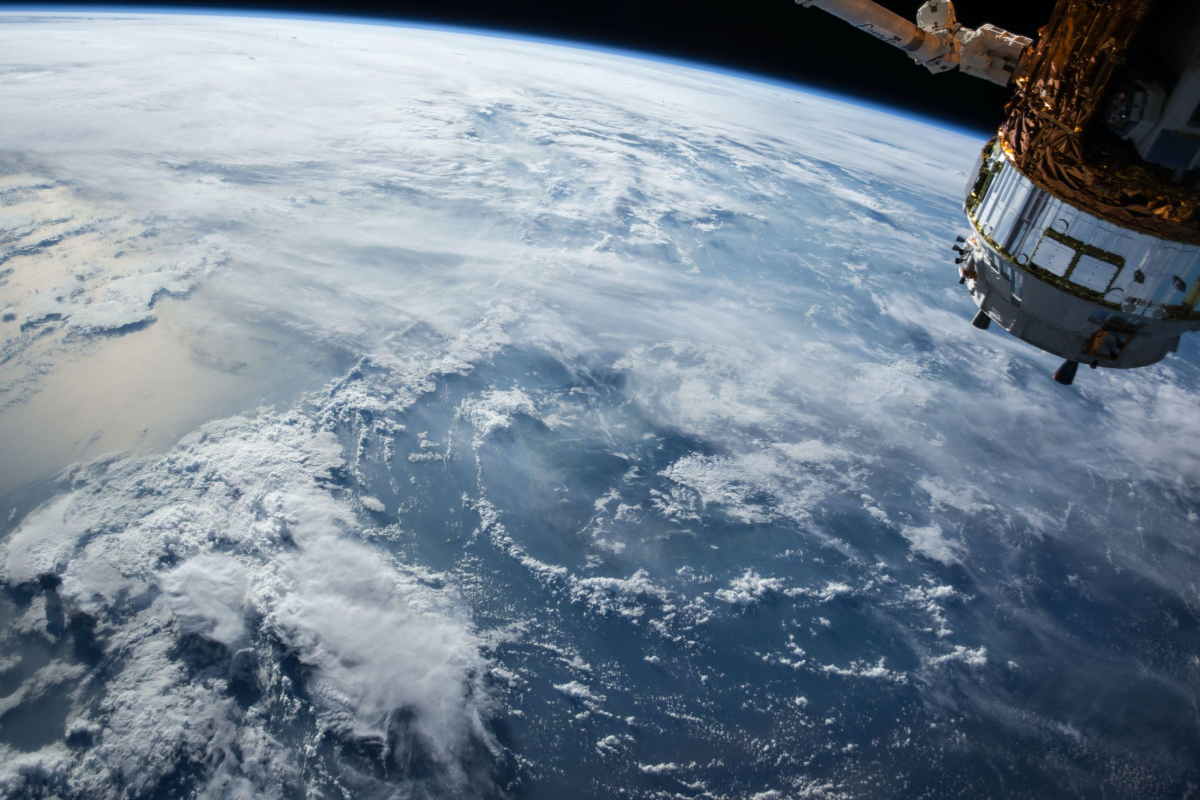Who’s Accountable for Space Debris? The NASA Lawsuit Highlights Growing Concerns
Space debris has been a looming issue for decades, but recent incidents are putting it in the spotlight. A Florida family recently filed a lawsuit against NASA after space debris damaged their home. The case raises important questions about accountability as the frequency of such incidents grows.
Space debris, or space junk, consists of defunct satellites, spent rocket stages, and other fragments from space missions. According to NASA, an average of one piece of cataloged debris falls back to Earth each day. While most burn up in the atmosphere, larger debris can reach the ground intact. The recent incident in Florida, where a 2-pound cylindrical object struck a home, is a stark reminder of the potential dangers.
The lawsuit claims NASA should have taken precautions to prevent such incidents. Similar cases have occurred before; in 1979, parts of Skylab fell over Australia, and the Soviet satellite Kosmos 954 scattered radioactive debris over Canada in 1978. Despite these incidents, no significant action has been taken to address the growing problem.
From 1960 to 2024, there have been numerous incidents where space debris landed on Earth, causing damage or, in rare cases, injuries. The most notable incident occurred in 2003, when debris from the Columbia space shuttle disaster was scattered over Texas, Arkansas, and Louisiana, leading to a massive recovery operation.
In recent years, China has been criticized for uncontrolled reentries of their Long March rockets, with debris landing in countries like Côte d’Ivoire and Indonesia. The Chinese government has faced backlash from the international community, but little has been done to hold them accountable.
As more companies and countries launch into space, the risk of debris falling to Earth increases. In 2021 alone, over 100 uncontrolled reentries were recorded. The lawsuit against NASA could set a precedent for future cases, urging the space industry to take responsibility for their debris.
Who should be held accountable? Governments and private companies must develop stricter regulations and safety protocols. Space-faring nations like the U.S., China, and Russia, along with private companies like SpaceX and Blue Origin, need to collaborate on solutions to mitigate the risks.
The Florida lawsuit, which names NASA as the primary defendant, is a wake-up call. The case argues that NASA failed to monitor and control space debris, leading to the incident. As the trial unfolds, it could force the space industry to rethink its approach to managing space junk.
If successful, the lawsuit could lead to stricter regulations on space missions, requiring agencies and companies to take more responsibility for their debris. This might include developing technology to track and remove debris from orbit or implementing stricter guidelines for satellite deorbiting.
The growing number of incidents highlights the urgent need for a global response. With thousands of satellites set to launch in the coming years, the risk of more debris incidents will only increase. The international community must act now to prevent future tragedies.
The NASA lawsuit is more than just a legal battle; it’s a pivotal moment in the ongoing debate over space debris management. As we continue to explore the final frontier, we must also take responsibility for the waste we leave behind. The future of space exploration depends on it.


